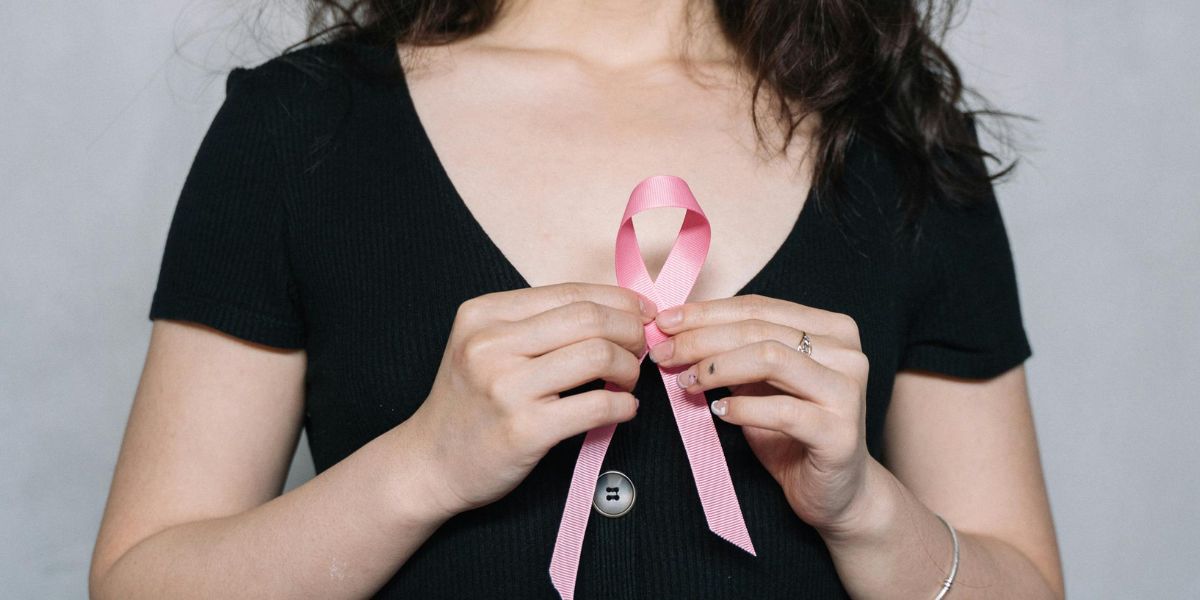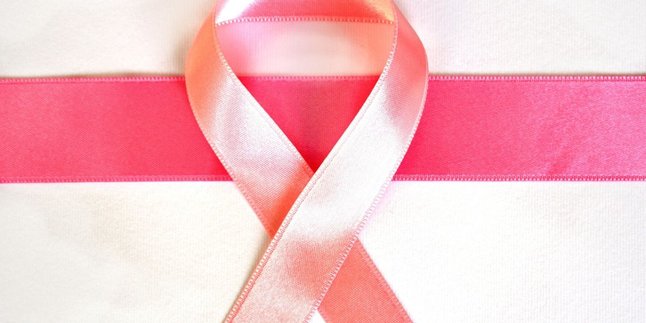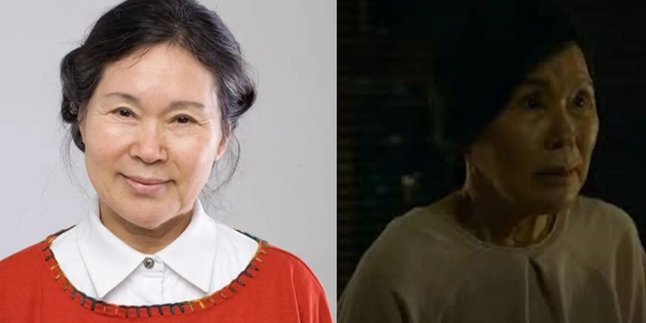Kapanlagi.com - Breast cancer remains a serious threat to women in Indonesia. According to data from Global Cancer Statistics 2020, breast cancer accounts for a staggering 16.6% of total cancer cases in the country, with more than 68,858 new cases each year. This figure emphasizes the importance of public awareness in taking preventive measures and early detection to reduce mortality rates from this disease.
Although the exact causes of breast cancer remain a mystery, experts have identified various factors that can increase a person's risk of being exposed to this disease. Factors such as genetics, long-term hormone exposure, and unhealthy lifestyles are believed to play a significant role in the development of cancer cells in the breast. By understanding these risks, we can take more effective preventive measures.
Early detection and lifestyle changes are key in the effort to prevent breast cancer. Adopting a healthy diet, exercising regularly, and avoiding risk factors such as smoking and alcohol can significantly reduce the likelihood of developing breast cancer. Summarized by Kapanlagi.com from various sources on Monday (3/2/2025), here are the causes of breast cancer and preventive measures that can be taken from an early age.
1. Causes of Breast Cancer to Watch Out For
Breast cancer occurs when cells in the breast tissue grow abnormally and uncontrollably. These cancer cells can develop into malignant tumors that then spread to surrounding tissues and even to other organs in the body.
This process often occurs unnoticed until it reaches an advanced stage. According to the WHO and the Ministry of Health of the Republic of Indonesia, it is not yet known exactly what causes breast cancer. Some contributing factors include:
- Genetic Mutations: Changes in the DNA of breast cells, including mutations.
- Hormonal Imbalance: Unstable levels of estrogen and progesterone can trigger the growth of abnormal cells.
- Exposure to Harmful Substances: Contamination from chemicals, pollution, or other carcinogenic substances that can damage body cells
- Family history of breast cancer
- Unhealthy lifestyle & obesity
- Long-term radiation exposure
- First menstruation before age 12 or menopause after age 50
Therefore, it is important to understand these factors in order to take appropriate preventive measures.
2. Steps to Prevent Breast Cancer
Although perfect prevention is difficult to guarantee, several steps can reduce the risk.
- Maintain Ideal Weight: Implement a balanced diet and exercise regularly.
- Healthy Eating: Increase the consumption of fruits, vegetables, and whole grains. Limit high-fat, low-fiber, and processed foods.
- Regular Exercise: At least 150 minutes of moderate aerobic activity or 75 minutes of vigorous aerobic activity per week.
- Avoid Tobacco & Alcohol: Quit smoking and limit alcohol consumption to reduce risk.
- Breastfeed Babies: Breastfeeding is associated with a reduced risk of breast cancer.
- Limit Hormone Therapy: Consult with a doctor before using long-term hormone therapy.
- Minimize Radiation Exposure: Avoid unnecessary radiation to reduce the risk of cell mutations.
- Perform BSE (Breast Self-Examination): Early detection by checking for lumps or unusual changes.
- Regular Medical Check-ups: Undergo examinations such as ultrasound or mammography as recommended by a doctor.
3. Healthy Lifestyle to Reduce Breast Cancer Risk
A healthy lifestyle is key to lowering the risk of breast cancer, and small changes in daily habits can have a big impact! Investing in health by maintaining an ideal weight and consuming nutritious foods such as green vegetables, fruits, and nuts rich in antioxidants can serve as a powerful shield against cancer-causing free radicals.
In addition, avoiding processed foods and those high in saturated fats is very important for maintaining hormonal balance. Don't forget to stay active! Engaging in regular exercise for 150 minutes each week, such as walking, swimming, or yoga, not only helps regulate hormones but also prevents obesity.
Finally, avoiding alcohol and quitting smoking are wise steps to further reduce the likelihood of developing breast cancer. Come on, start a healthy lifestyle right now!
4. The Influence of Hormones on Breast Cancer
Estrogen hormones have a significant role in the development of breast cancer, especially for women undergoing post-menopausal hormone therapy, who are at a higher risk of this disease. Therefore, hormone management becomes key in efforts to prevent breast cancer.
Interestingly, a long menstrual cycle also contributes to high levels of estrogen in the body; women who experience their first menstruation before the age of 12 or menopause after the age of 50 are at greater risk.
Longer exposure to estrogen is the main cause behind this phenomenon. For those considering hormone replacement therapy, it is crucial to consult with a doctor first, as long-term use should ideally be limited or replaced with safer alternatives.
By understanding and managing these hormonal factors, we can significantly reduce the risk of breast cancer.
5. Can Breast Cancer Be Totally Prevented?
Although there is no absolute guarantee to avoid breast cancer, appropriate preventive measures can reduce the risk by up to 50% or more.
One of the key components in this effort is to undergo regular early detection, such as mammograms and breast ultrasounds, which are crucial especially for women with a family history of cancer.
Additionally, a healthy diet and regular exercise also significantly contribute to maintaining breast health. Avoiding controllable risk factors, such as smoking, alcohol, and obesity, is a wise step that should not be overlooked.
For those with genetic risk factors, consulting a doctor for more specific prevention strategies can be the best option in protecting oneself from this disease.
6. What are the early symptoms of breast cancer?
The early symptoms of breast cancer are often not felt. However, some signs to watch for include a lump in the breast, changes in the shape or size of the breast, and discharge from the nipple without a clear reason.
7. Does breast cancer only affect women?
No. Although it occurs more frequently in women, breast cancer can also affect men, although the cases are much rarer.
8. Does breastfeeding reduce the risk of breast cancer?
Yes, breastfeeding can lower the risk of breast cancer because it helps regulate estrogen hormone levels in the body.
9. Do all lumps in the breast mean cancer?
No. Many lumps in the breast are benign. However, it is still recommended to see a doctor if you find a suspicious lump.
(kpl/rmt)
Disclaimer: This translation from Bahasa Indonesia to English has been generated by Artificial Intelligence.












